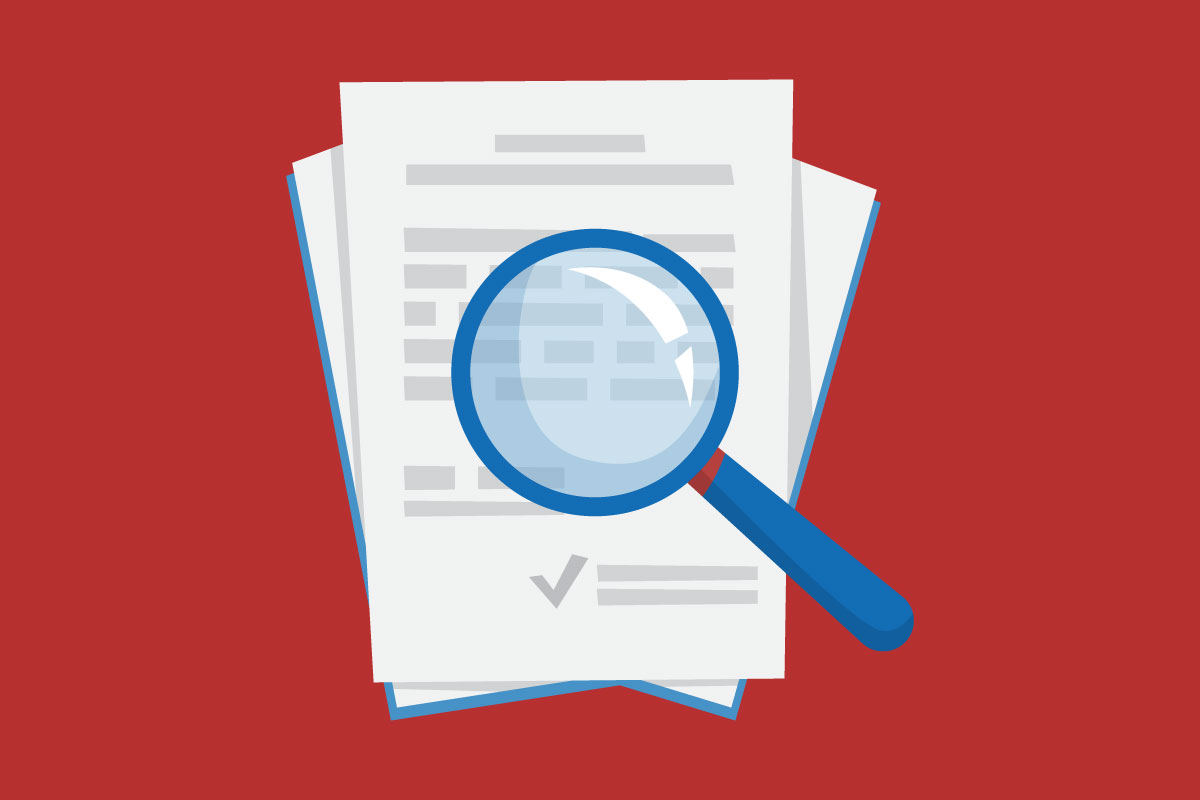In the fast-paced world of real estate, digital marketing has emerged as an essential tool for agents seeking to stand out in a crowded market. As traditional methods of advertising and client engagement evolve, the ability to use the potential of digital platforms becomes more important. This guide is intended to help current real estate agents manage the intricacies of digital marketing, providing a clear path to mastering its numerous aspects. From creating a strong online presence to using social media and optimizing for search engines, this complete guide seeks to provide real estate professionals with the tools they need to attract more customers, increase brand awareness, and generate sales in today’s digital age.
Digital Marketing Landscape
Digital marketing refers to a wide range of tactics and channels that allow firms to communicate with their target audience online. Understanding the landscape is the first step for real estate brokers to create efficient marketing efforts. The key digital marketing channels are:
- Search Engine Optimization (SEO): This is the process of improving your online content so that it ranks higher in search engine results, allowing potential clients to find you more easily.
- Social Media Marketing: Using networks such as Instagram, Facebook, and LinkedIn to connect with your target audience, share listings, and promote your brand.
- Email Marketing: This entails communicating directly with your target audience via newsletters and targeted offers in order to keep them engaged and informed. information marketing entails creating and sharing great information to attract, inform, and engage your target audience while positioning oneself as an industry expert.
- Pay-Per-Click (PPC) advertising: PPC involves running online ads that you pay for each time a user clicks on them, resulting in targeted traffic to your website.
By combining these platforms into a unified digital marketing campaign, real estate agents may reach a larger audience, create more leads, and eventually close more transactions.
Creating a Strong Online Presence
A solid online presence, beginning with a good website, is essential for efficient real estate digital marketing. Your website should not only highlight your listings, but also convey your expertise and brand identity. To optimize a website for search engines:
- Focus on SEO Basics: To boost your website’s exposure in search results, include real estate-related keywords in the title tags, meta descriptions, and content.
- High-Quality photographs and Virtual Tours: In the visually driven world of real estate, high-quality photographs and virtual tours can dramatically improve the appeal of your listings.
- Blogging: Regularly maintained blogs that include relevant real estate market information, buying suggestions, and neighborhood insights will help you generate organic visitors and position yourself as an industry authority.
Your website serves as the hub for your digital marketing activities, allowing potential clients to learn about your services, explore your listings, and contact you.
Leveraging Social Media Effectively
Social media platforms provide a unique opportunity for real estate brokers to communicate with potential clients in a more personal and engaging way. To increase the effectiveness of your social media marketing:
- Choose the Right Platforms: Concentrate on the platforms where your target audience is most active. For real estate, Instagram, Facebook, and LinkedIn are frequently the most productive.
- Engage your audience: Post content that is relevant to your audience, such as before-and-after images of properties, customer testimonials, and live Q&A sessions.
- Use Paid Advertising: Social media sites include powerful targeting capabilities that enable you to reach specific demographics, making it easier to interact with potential customers.
Regular involvement on social media can help you establish a devoted following and convert followers into customers.
Email marketing strategies for real estate agents.
Email marketing enables you to engage directly with your target audience, providing them with useful information and updates. To develop a successful email marketing strategy:
- Create a Subscriber List: Offer excellent incentives to website visitors and social media followers to subscribe to your email list, such as market reports or buying advice.
- Send Engaging Content: Your emails should provide actual value to your readers, whether they are updates on new listings, open houses, or informative articles on the real estate market.
- Automate your campaigns: Use email marketing software to automate your email campaigns and maintain regular communication with your target audience. Maintaining frequent email contact with potential and past clients allows you to nurture leads and stay top of mind when they’re ready to make a real estate choice.
- Highlight Expertise: Content marketing is a fantastic strategy for real estate agents who want to develop their authority and share their knowledge with a larger audience. By developing and sharing relevant and valuable content, agents may attract, engage, and retain their target audience, resulting in profitable consumer action.
- Develop a Content Strategy: A well-thought-out content strategy should prioritize discovering and responding to your target market’s requirements, questions, and interests. Begin by studying typical issues buyers and sellers have, and then tailor your content to address these questions, provide important insights, and give solutions.
Providing regular information on local real estate market developments can help customers make informed decisions.
- Home purchase Tips: Guides on the home purchase process, financing alternatives, and home care tips can be quite useful for first-time buyers.
- Neighborhood Guides: Provide detailed guides to the neighborhoods you serve, including amenities, school districts, and market statistics, to assist purchasers in selecting their ideal location.
Using high-quality, informative content not only establishes you as an expert in your field, but it also enhances your website’s SEO, resulting in increased organic traffic and possible leads.
Pay-per-click (PPC) advertising
PPC advertising is an effective way for real estate brokers to gain visibility rapidly and attract targeted traffic to their websites. It entails placing advertising on search engines such as Google, and you pay a charge each time your ad is clicked.
An Overview of PPC Benefits
PPC has the distinct advantage of producing fast results, whereas organic SEO tactics take time to gain traction. It enables exact targeting based on keywords, geographic area, and other information, ensuring that your adverts reach the people most likely to be interested in your offerings.
Tips for Effective Google Ads Campaigns:
- Keyword Research: Concentrate on keywords that prospective clients are likely to use while looking for real estate listings or agents in your area.
- Advertising Copy: Create intriguing ad copy that emphasizes what distinguishes you from the competition. Add a clear call to action (CTA).
- Landing pages: Make sure your ads lead to high-quality landing pages that contain the information promised in the ad and make it simple for visitors to take the next step.
Regularly monitoring and changing your campaigns based on performance indicators will help you maximize your return on investment from PPC advertising.
Measuring Success
The capacity to track the success of your digital marketing initiatives and make data-driven decisions is critical for ongoing improvement and long-term success.
Introduction to Analytics Tools.
Using analytics tools like Google Analytics can help you gain useful insights about your website’s traffic, user activity, and conversion rates. Social media sites also provide metrics to help you understand your audience’s participation and preferences.
Key metrics for tracking website traffic include total visitors, page views, and traffic sources.
- Conversion Rate: The percentage of visitors who complete a desired activity (for example, filling out a contact form or subscribing to a newsletter).
- Engagement rates on social media: Likes, shares, comments, and other interactions demonstrate how interesting your material is.
Regularly reviewing these analytics allows you to understand what’s working and what’s not, allowing you to alter your methods as needed.
Google currently offers a free Google Analytics Academy.
Summary
In the digital age, real estate agents have access to a variety of tactics for increasing visibility, engaging with new clients, and growing their businesses. The path to digital marketing mastery is varied, ranging from exploiting the power of content marketing to exhibit expertise to capitalizing on the immediacy of PPC advertising for immediate wins and consistently analyzing and optimizing performance. The key to success is a balanced, strategic approach that coincides with your business objectives and adapts to the ever-changing digital landscape. Combined with non digital types of marketing, read 6 Ways Real Estate Agents Can Sell More, real estate agents can not only survive but prosper in today’s competitive market.
*Real estate marketing laws and rules and can vary depending on your location and association. Please check with all applicable regulating bodies before applying any of these techniques.




